Digital Nomad Visa in Panama: Requirements and Procedures
Panama joins the digital era with the Remote Worker Visa, allowing digital nomads to temporarily reside in the country (9 months, with the possibility of extension) without altering their employment status abroad. Applicants must demonstrate an employment relationship with an entity outside of Panama and that their work activities are primarily conducted from abroad or autonomously.
One key requirement is to demonstrate a minimum annual income of 36,000 USD (3,000 USD per month). Additionally, they must meet general requirements such as a notarized power of attorney, three photographs, a certified copy of the passport, criminal and health certificates, and a medical insurance policy in Panama during their stay. These documents ensure that applicants meet the country’s legal and security standards.
The process includes formalities such as paying a fee of 250 USD to the National Immigration Service and submitting a sworn declaration form committing to cover the costs of return to their country of origin if necessary. Self-employed workers must present a certification of their company’s registration abroad, along with a sworn declaration detailing their business relationship, services provided, and income details.
This visa offers a migration alternative for international professionals to temporarily reside and enjoy Panama while continuing to work for foreign entities.


